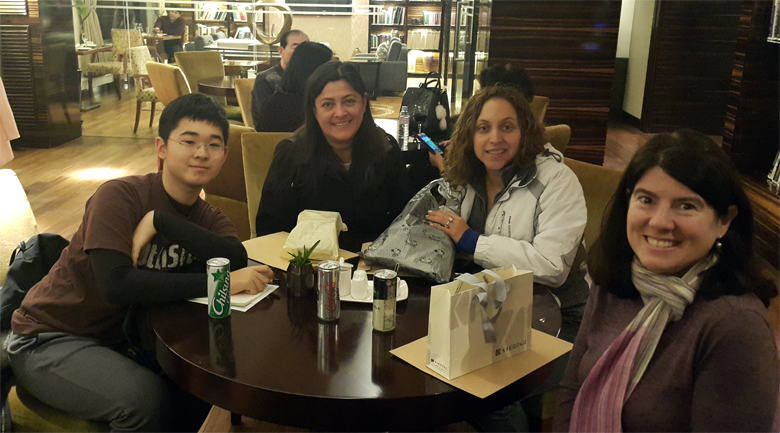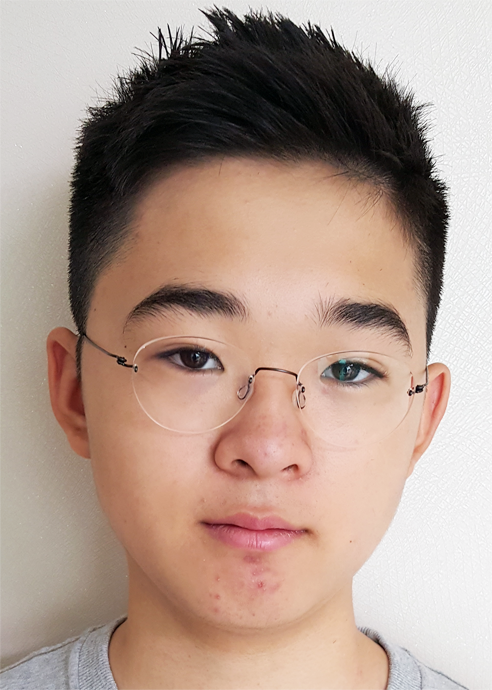Korea-Costa Rica share tech “Know-how’s”
The KDI (Korea Development Institute) has cooperated with Costa Rican government delegates for Knowledge Sharing Program (KSP) since 2013. I have been paying attention to this program, as I was omit at how it connects two countries together, making new bonds. Last March, I wrote my first article about this program, when the Costa Ricans came to Korea to seek ways to improve the nation’s education conditions for the key areas they call ‘STEAM,’ science, tech, engineering, art and math. During the third week of January 2017, Costa Rican delegates visited Korea again, to discuss some new topics under the scheme of KSP, including traffic and medical tourism.

In order to see how the Korea-Costa Rica KSP has been making progress and what new topics were added into the original project, I decided to interview Ms. Vasquez and Ms. Sandoval.
Q1: Has there been any progress in the Korea-Costa Rica Knowledge Sharing Program? Are there any notable achievements?
Ms. Sandoval: Yes. The UCR (University of Costa Rica) has witnessed rise in the in the number professors in the key domains we call STEAM (Science, Tech, Engineering, Art and Math), which can lead to the cultivation of more ‘STEAM’ talents. As a computer science professor myself, I would say this change looks very promising.
Lack of engineers, mathematicians and scientists had been the Costa Rican delegates’ biggest concern. Because they thought the shortage would eventually correlate to the country’s economic growth. In response, they consulted the issue with Korean experts taking part in KSP program, which worked out well according to Ms. Sandoval.
Q2: I heard that Costa Rica’s economy is mostly based upon tourism associated with medical care. Is this true? Also, as I know, this is the new agenda added to the project this time.
Ms. Vasquez: Yes it is. Similar to South Korea, Costa Rica is a place where people come to relax to get some medical care such as dental clinic and plastic surgery. That is because such services are cheaper in Korea and Costa Rica, compared to their neighboring countries. Not to mention, both places have advanced medical technology.
Q3: Also, another important new topic seems to be a road/traffic infrastructure. What is Costa Rica’s concern, and how is Korea helping Costa Rica to deal with that issue?
Ms. Sandoval: It is because of how Costa Rica’s car road conditions are terrible, since the amount of car users have been increasing significantly recently. I am worried that eventually the road quality will not be able to keep up with the amount of cars that people are using. Korea is giving tips to us about how to make car roads clean and more comfortable to travel.
Q4: How do you see the future of the Korea-Costa Rica (KSP) project?
Ms. Vasquez: I would say that the KSP program is going to have a bright future, not just because of how cooperative and devoted to other countries are, but how this partnership has its own way of solving our problems.
Ms. Vasquez didn’t mention any details about how this bilateral relation has its own way of solving problems. According to my observation, both Korean and Costa Rican delegates moved very efficiently. They have streamlined procedures, and tried their best to generate positive outcome. Without those efforts, they couldn’t have achieved so much within the last eleven months.
All in all, the Korea-Costa KSP has been successful so far. Costa Rica got some useful ideas that would be useful to solving their problems. Korea established a congenial relationship with one of the fastest growing countries in the world. I suggest that it would be effective for Korea to be more open to other countries, specifically helping them to solve their problems. I believe it would help in evolving Korea into a more mature and developed country on its own. Expansion of this program, in other words, would be crucial for Korea to take a step forward, becoming a friendly partner to other countries, by sharing knowledge with them.

Matthew Choi
Grade 9
Asia Pacific International School
By Matthew Choi

